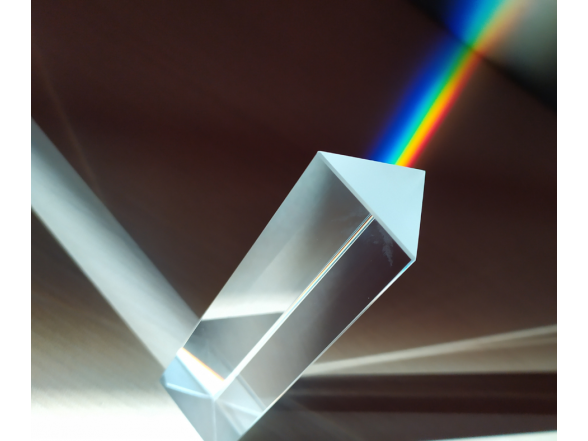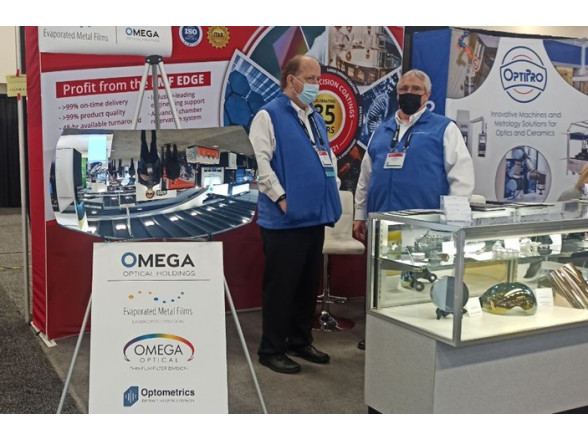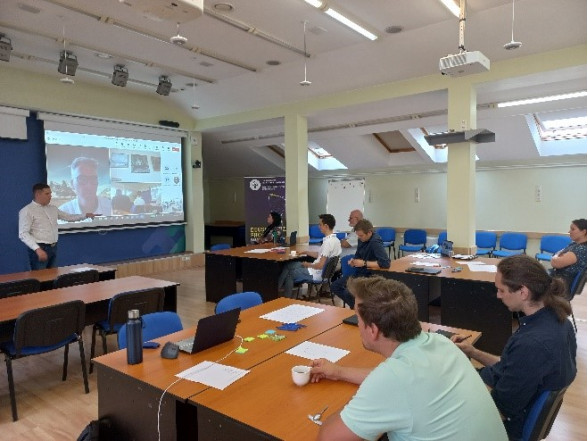In mid-January, Dr. Sergejs Fomins, the leading researcher at ISSP UL’s Laboratory of Visual Perception, visited the Wroclaw University of Science and Technology and Warsaw University in Poland.
On January 14th, Dr. Fomins met with Prof. Robert Iskander, head of the Department of Biomedical Engineering at Wroclaw University of Science and Technology. They discussed various topics, including OCT methodology, innovative methods for measuring intraocular pressure, and the development of smart eyewear. The discussion also covered potential collaborative projects, such as the MSCA fellowship, and the possibility of a visit to Latvia later in April or early May, aligning with the DOC Riga 2025 conference.
The following day, January 15th, Dr. Fomins visited the Photonics Department at the Institute of Geophysics (University of Warsaw) for a discussion with Dr. hab. Jacek Pniewski, a vision optics specialist, who expressed interest in the work being done at ISSP UL on color vision. They plan to explore options for online consultations and identify shared research topics. Later that day, Dr. Fomins also visited the ICTER (International Centre for Translational Eye Research), where mutual interests in vision recovery and innovative diagnostic techniques, such as phase methods and two-photon vision techniques, were discussed.
On January 16th, he met with researchers from the Information Optics Department at the Institute of Geophysics, including Krzysztof Petelczyc, Rafal Kotynski, Piotr Wrobel, and Tomasz Stefaniuk. They shared a deep interest in SERS, photonics, micro-optics, microfluidics, sensors, and phase recovery methodologies, which resonated well with Dr. Fomins’ own research. In the afternoon, Dr. Fomins visited AstroCeNT (Particle Astrophysics Science and Technology Centre), focused on enhancing Argon Dark Matter detectors and the Virgo 3km interferometer. This group demonstrated interests in X-ray sensors, photovoltaics, perovskite materials, particle physics, and piezoelectric materials, which also align well with the competencies of ISSP UL.



